Chinese Frustrations: My Rightist Mobility, My Leftist Hypocrisy
November 20, 2015
By Flair Donglai Shi, World Literatures in English (MSt) at University of Oxford. (Caution: the words “rightist” and “leftist” are used in the vaguest/broadest sense possible in this article, which is full of generalising languages and assuming discourses that the reader is welcome to deconstruct) My British dustbin is my best friend. It always sits …
No Escaping from the Thucydides Trap
October 9, 2015
By Flair Donglai Shi, World Literatures in English (MSt) at University of Oxford. The whole the-rise-of-china-and-power-shift discussion has been heated up again since Xi Jinping’s first visit to the US as the president of PRC, despite its presence in the American media having been largely hijacked by the visit of the Pope. At the end …
Broadening my horizon: What lessons can Chinese education and their students teach me?
October 2, 2015
By Esther van Deelen, Student of UNNC Summer School 2015. As a primary school teacher I’ve been involved in the Dutch educational system since 2006. I’ve taught a lot of different classes and I’ve seen a lot of different schools. As in China, the Dutch government wants highly educated teachers and so I received a …
UNNC and (Post-)Coloniality: Western Education and China
June 19, 2015
By Flair Shi, Currently Studying Comparative Literature (MA) at University College London, Graduate of the School of English University of Nottingham Ningbo, BA in English Language and Literature. As my enthusiasm for postcolonialism, and the popularity of the discipline, seem to be ever increasing and intensifying since the first day my dear professor in the …
One store with different tales
April 21, 2015
By Dr. Xiaoling Zhang, Head of the School of Contemporary Chinese Studies, The University of Nottingham Ningbo China. With China’s rise to a global power, we are seeing an increasing amount of literature predicting China’s future(s). It is safe to say that the next five years will witness more of this kind being churned out. …
Chinese Gay and the West: Far From a Post-colonial Queer
March 23, 2015
By Flair Shi, Currently Studying Comparative Literature (MA) at University College London, Graduate of the School of English University of Nottingham Ningbo, BA in English Language and Literature. Post-colonialism as a school of political/literary theory rose in the 1980s, with Edward Said’s Orientalism, Spivak’s concern for the voicelessness of the subaltern and Homi Bhabha’s postcolonial …
On the Possibility of a New Pan-Asianism
February 25, 2015
By Flair Shi, Currently Studying Comparative Literature (MA) at University College London, Graduate of the School of English University of Nottingham Ningbo, BA in English Language and Literature. In a recent lecture entitled “Confronting the History Problem in Northeast Asia” at King’s College London, renowned international relations scholar Professor Barry Buzan, concerned about the disputed …
Post-colonialism Backfires: Be Proud of My Chinese Name Please?
February 6, 2015
By Flair Shi, Currently Studying Comparative Literature (MA) at University College London, Graduate of the School of English University of Nottingham Ningbo, BA in English Language and Literature. As Walter Benjamin poignantly points out in his essay “On Language as Such and on the Language of Man”, the philosophy of language surely starts from the …
China and Warhol’s 15 Minutes of Fame
September 26, 2014
By Phoebe Smith, Studying English at the University of Nottingham UK. As a staunchly cynical soul, Andy Warhol’s 1968 prediction that ‘In the future, everyone will be world-famous for 15 minutes.’, has always struck me as a sadly accurate interpretation of today’s media-fuelled, body-conscious lifestyle. Before my visit to China, I viewed the modern Kardashian-style …
Situating China
September 11, 2014
By Jessica Brown, Studying History and Politics at the University of Nottingham, UK. A Western-centric notion is often applied when considering China’s role on the world stage. As the Asian giant grows internationally through its economic liberalization and consequent development, questions loom over what role it will play in international relations today. Will it develop …


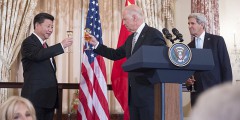
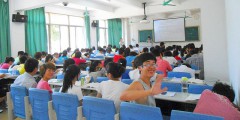
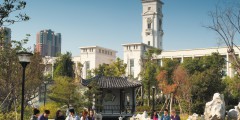
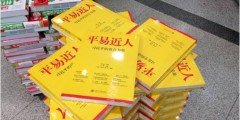
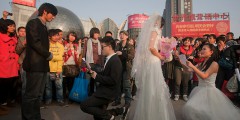
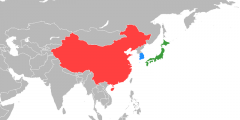

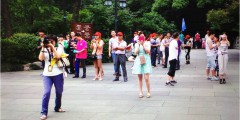
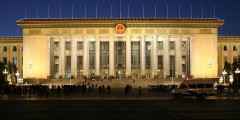
Recent Comments